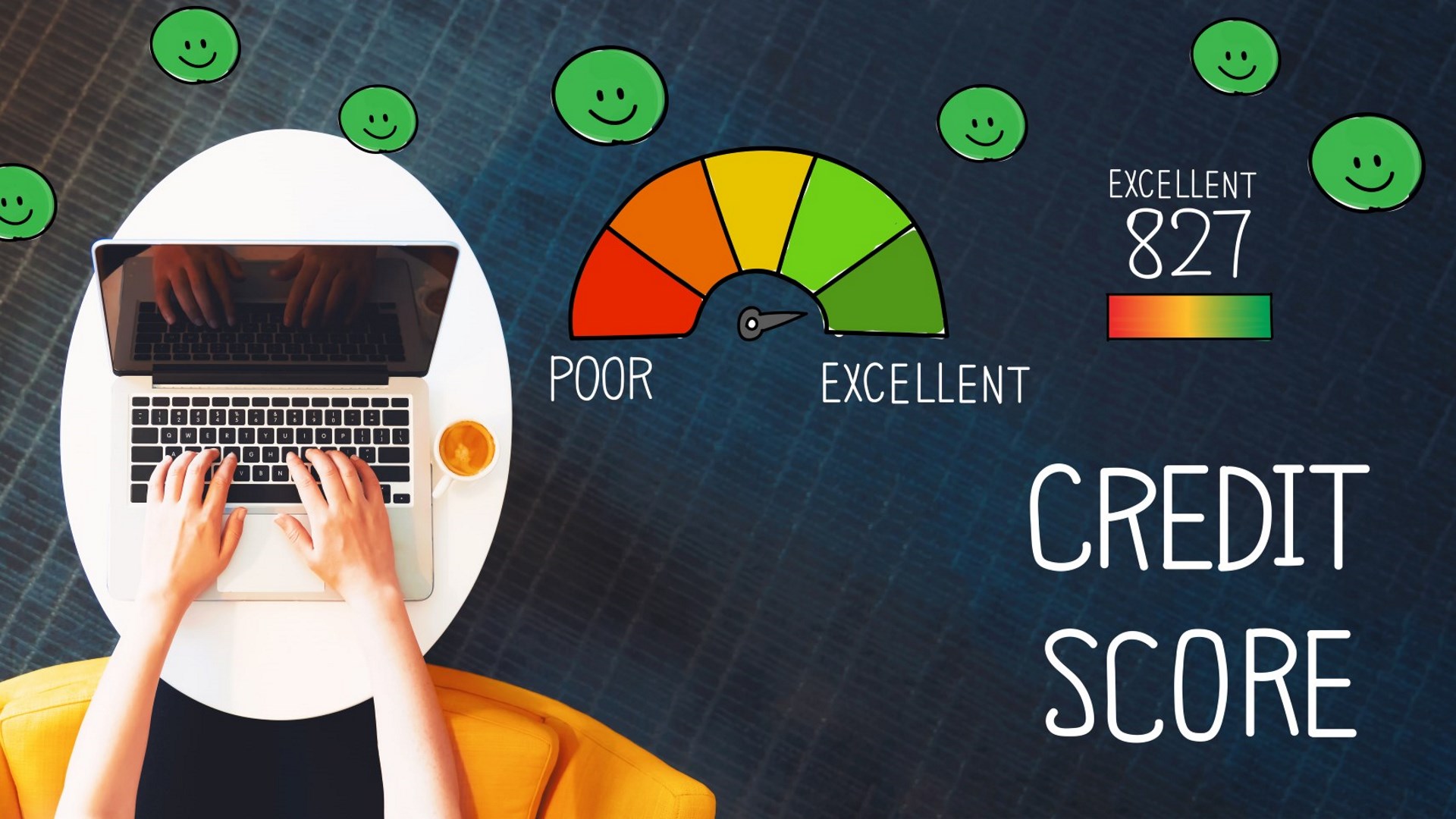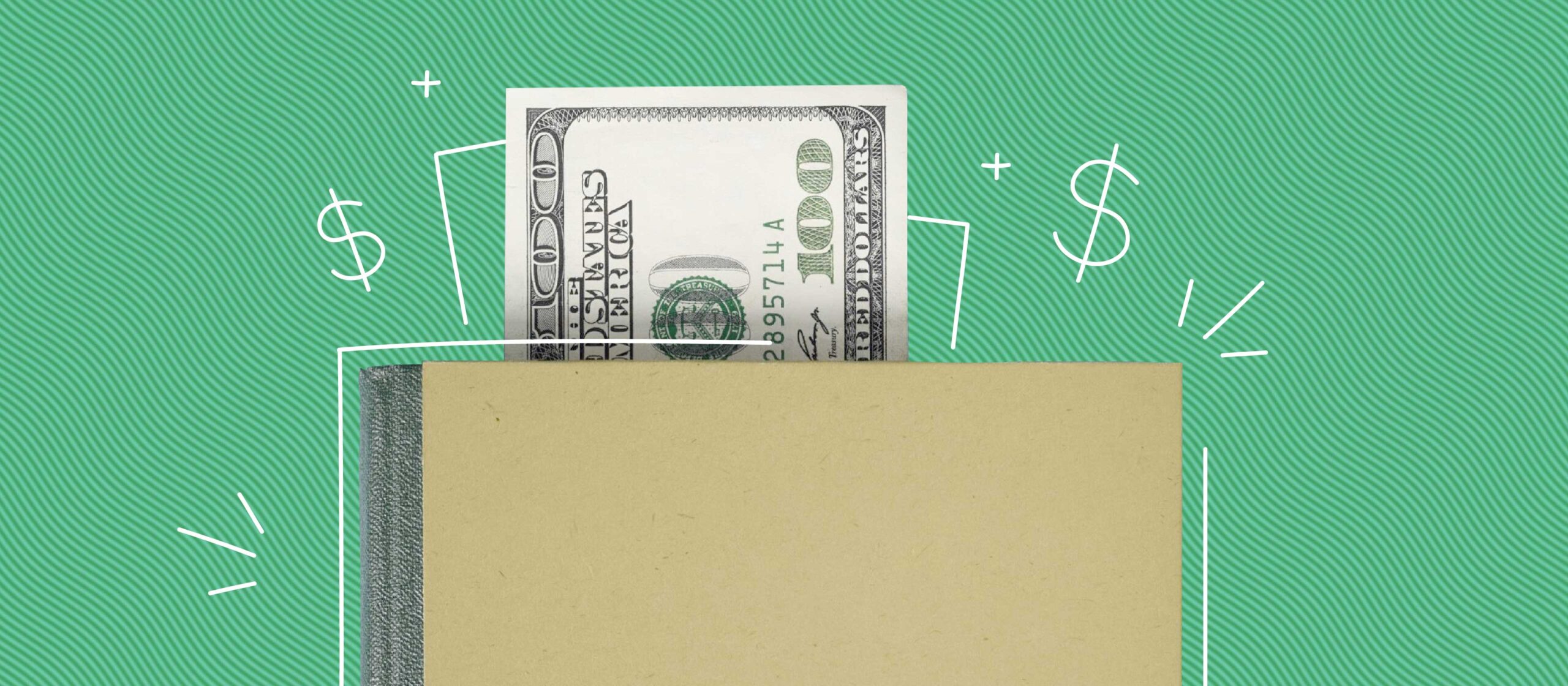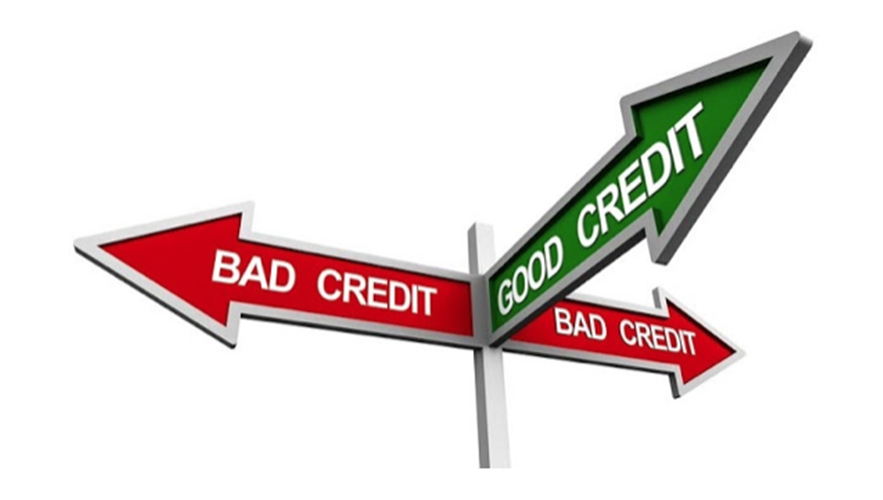The recent coronavirus pandemic has caused many businesses and household personal finances to really suffer. Some of the more unlucky people among us have lost their livelihoods completely, while others have had to rely on credit cards and loans to get them through a prolonged, uncertain and difficult time. It has been a very stressful time for many, and if you find yourself in this boat, just know that you are really not alone!
With the end of the pandemic hopefully in sight soon (hey we have to keep some optimism don’t we?) and spring just about to burst into bloom now may be the perfect time to review your finances and give your household a financial spring-cleaning. This is a useful practice to do each year, regardless of whether there has been a global pandemic!
One of the first things that you should do when conducting your spring cleaning is to retrieve your credit file and have a proper look at your credit score. You can do this easily using an internet search engine for a plethora of results, and in most cases it is free to use; if someone is trying to charge you to view this information do yourself a favor and bounce off their website as quick as you can.
Some of these sites entice you to subscribe to some services which ask you for a small monthly fee, where you can unlock further detail about your credit score and receive hints and tips on how to improve it. It is really up to you what level of service you decide to invest in, but essentially just knowing how your credit score is looking is a very useful piece of information in itself.
This allows you to see how lenders would review your loan applications if you were to make one in the near future. If you apply for a credit card, loan, mortgage or even if you want to simply open a new current account, your lender will be reviewing your credit file to see whether you are a reliable borrower. They will use this to create a picture of you as a person, as a spender and how you manage your money.
The coronavirus pandemic may have meant that you relied on credit more than you usually would, so do not be too surprised if you see that your credit score is unusually low compared to how it would have been before the pandemic began, again you’re not alone here.
Like mastering any subject, knowledge is power

If you can grasp a fundamental understanding of what mechanics are used to generate your credit score we come one step closer to knowing how to recover and indeed improve our score. The online loan website Wonga summarise how a credit report is put together quite well in this excerpt:
“A credit score is calculated using information contained in your credit report… account information, payment history, and public records – as well as requests from other credit providers to view your credit record.” Source: Wonga
By knowing this, you can come to see how your credit score might have been impacted in recent months. We’ve borrowed Wonga’s very handy visual breakdown of credit score brackets and pasted it below to save you a click (note these brackets are approximations and can vary a bit between different institutions but they’re a good guideline:
If you find that your credit score is low

It may mean that your options are limited in terms of what financial products you qualify for. However, this does not necessarily mean that you will not be able to get any credit at all. It may simply mean that the lender needs more information from you, such as more paperwork on how you are likely to repay the loan. It may need further proof of income in the form of monthly bank statements to indicate how you save and spend your money.
Investopedia also suggests closely examining your credit file for errors. It may well be that you notice something on your credit file which is no longer relevant or true, which you can correct directly with that lender. Staying up to date and accurate is always worth doing.
There are also some other things that you can do to improve your credit file

Make sure that you are not using up more than 30% of your existing credit (easier said than done in recent months admittedly). You should also ensure that you repay any monthly repayments on time and in full if possible, but if it’s not then making sure your minimum repayment obligations are always on time.
Your credit score is a reflection of your financial borrowing habits

The best way to improve the score is by spending your money wisely and thinking carefully about purchasing decisions. Do you really need that new car? Holiday? New furniture set? These seem like easy questions but we encourage you to look even closer and asks harder questions. For example: do you really need Netflix AND Disney plus AND Hulu? Are you really getting your money out of Spotify?
Are you still paying an overpriced phone contract even though you paid off your handset months ago? Get tough and get super specific with your questions. You don’t have to make big sacrifices, just be a little strict with cutting the fat.
Your past payment history makes up approximately a third of your total credit score weight

So it may simply be the case that you need to wait several months and adjust your financial activities in that time period so that you can begin to see your credit score improve. The good news is that you can change your credit score quite quickly, and in the meantime, you can research the best loans and credit cards so that when it comes to applying for the product that you want, you are fully up-to-date on what is available on the market and you can make a really savvy financial decision.







